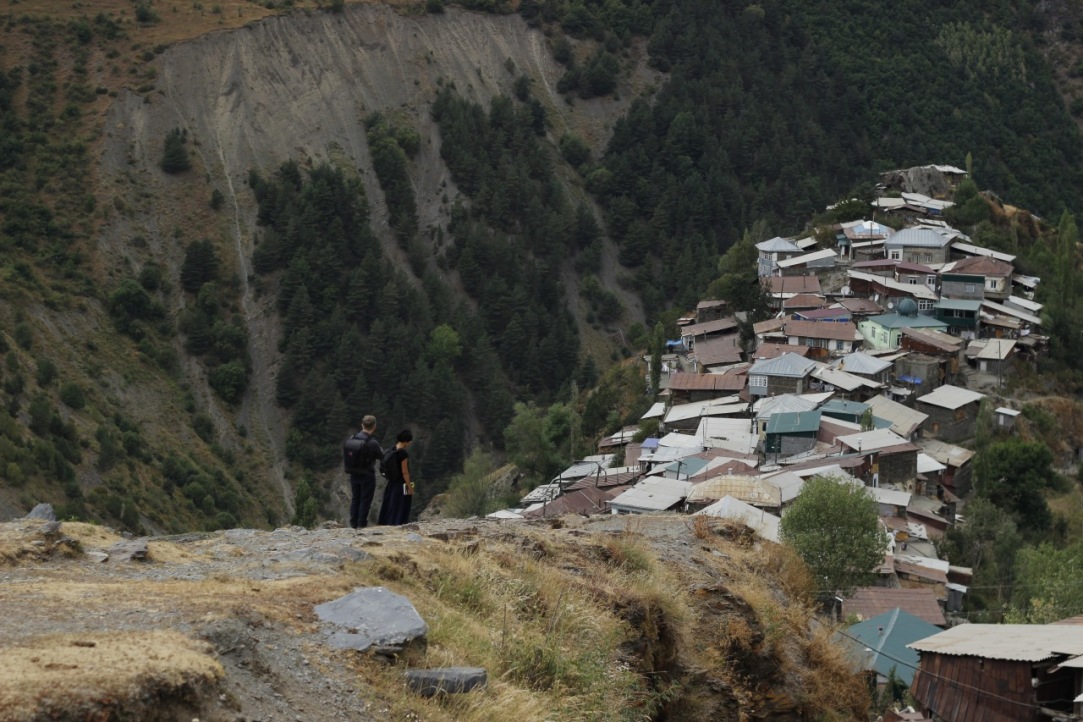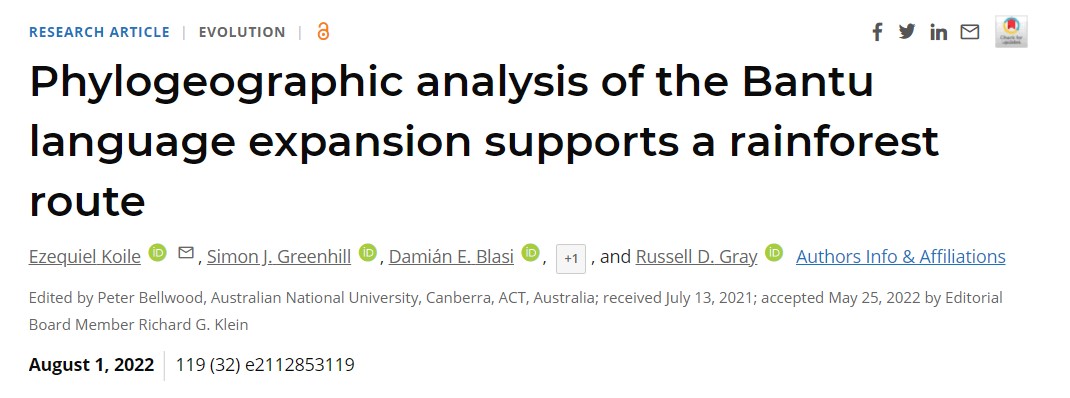
‘Our Task Is to Promote and Popularise Native Languages’
The Centre for the Study of Native Languages at Dagestan State University (DSU) is actively engaged in researching the many languages spoken by the peoples of Dagestan. The republic has 14 official state languages, many of which have their own dialects and varieties. Scholars from Dagestan plan to adopt corpus-based methods of linguistic research used at HSE University and intend to collaborate with HSE’s Linguistic Convergence Laboratory. The HSE News Service spoke with the centre’s Director, Prof. Marina Gasanova, who is currently undertaking a research placement at HSE University.

HSE Doctoral Student Awarded for Best PhD Presentation at 58th Societas Linguistica Europaea Conference
From August 26–29, 2025, the largest annual linguistics conference, Societas Linguistica Europaea, took place in Bordeaux, France. Doctoral students and researchers from HSE University took part in the event. The paper ‘Lability Drift in Modern Aramaic languages’ by Elena Shvedova was highly praised by the expert community and took first place among PhD student presentations. In an interview with the HSE News Service, Elena Shvedova spoke about her research and the conference itself.

Ob-Ugric Field Trip and New Bilingual Corpora
n November 2023, as part of the postdoctoral program and the DIAL2 laboratory project, Natalia Koshelyuk traveled to the Ob-Ugrian region to collect new field data. The city of Khanty-Mansiysk was chosen as the primary location, and the focus of the study was the Russian speech of the Mansi and Khanty people.

TALD (Typological Atlas of the Languages of Daghestan) v. 1.0.0 Now Public
The Linguistic Convergence Laboratory has released TALD: the Typological Atlas of the Languages of Daghestan. This new resource provides information about linguistic structures that are characteristic of Daghestan, and offers different types of map visualizations to illustrate the geographical and genealogical distribution of features.
In 2021, members of the Linguistic Convergence Laboratory published three articles on the Russian language in Dagestan
Dagestan is a relatively new territory for the spread of the Russian language. At the end of the 19th century, very few people spoke Russian here. In addition to indigenous languages, which Dagestan is very rich in (linguists count more than forty languages in this small territory), local people spoke Azerbaijani, Georgian, Chechen and Arabic. But there has never been a language common for all residents of Dagestan (the language of interethnic communication or lingua franca). Russian became the first such language for Dagestan.

Second cycle of the online course on the East Caucasian languages by the Linguistic Convergence Laboratory
This fall the Linguistic Convergence Laboratory will organize a free online course on the East Caucasian (alias Nakh-Daghestanian) language family. The course will start on November 3.
.jpg)
Members of the Linguistic Convergence Laboratory published a paper in Language
In early October, members of the Linguistic Convergence Laboratory published a paper in Language . Language is the flagship journal of the Linguistic Society of America and one of the most respected general linguistics journals in the world; perhaps the most prestigious one. Since the journal’s launch in 1925, it has seen the publication of only two papers whose first author is a researcher affiliated with a Russian university or institute.
The International Linguistic Convergence Laboratory has launched a new website with resources
One of the tasks of the International Linguistic Convergence Laboratory is the creation of new open electronic resources dedicated to the minor languages of Russia, Russian dialects and contact varieties of Russian speech. For more than four years, these resources have become so abundant that the laboratory had to acquire its own server and create a special website where all the resources are conveniently located.
Members of the Linguistic Convergence Laboratory participated in the webinar “Languages, Dialects and Isoglosses of Anatolia, the Caucasus and Iran”
The sixth session of the webinar “Languages, Dialects and Isoglosses of Anatolia, the Caucasus and Iran” hosted a talk by Chiara Naccarato, Samira Verhees, Michael Daniel and Timofey Mukhin.

